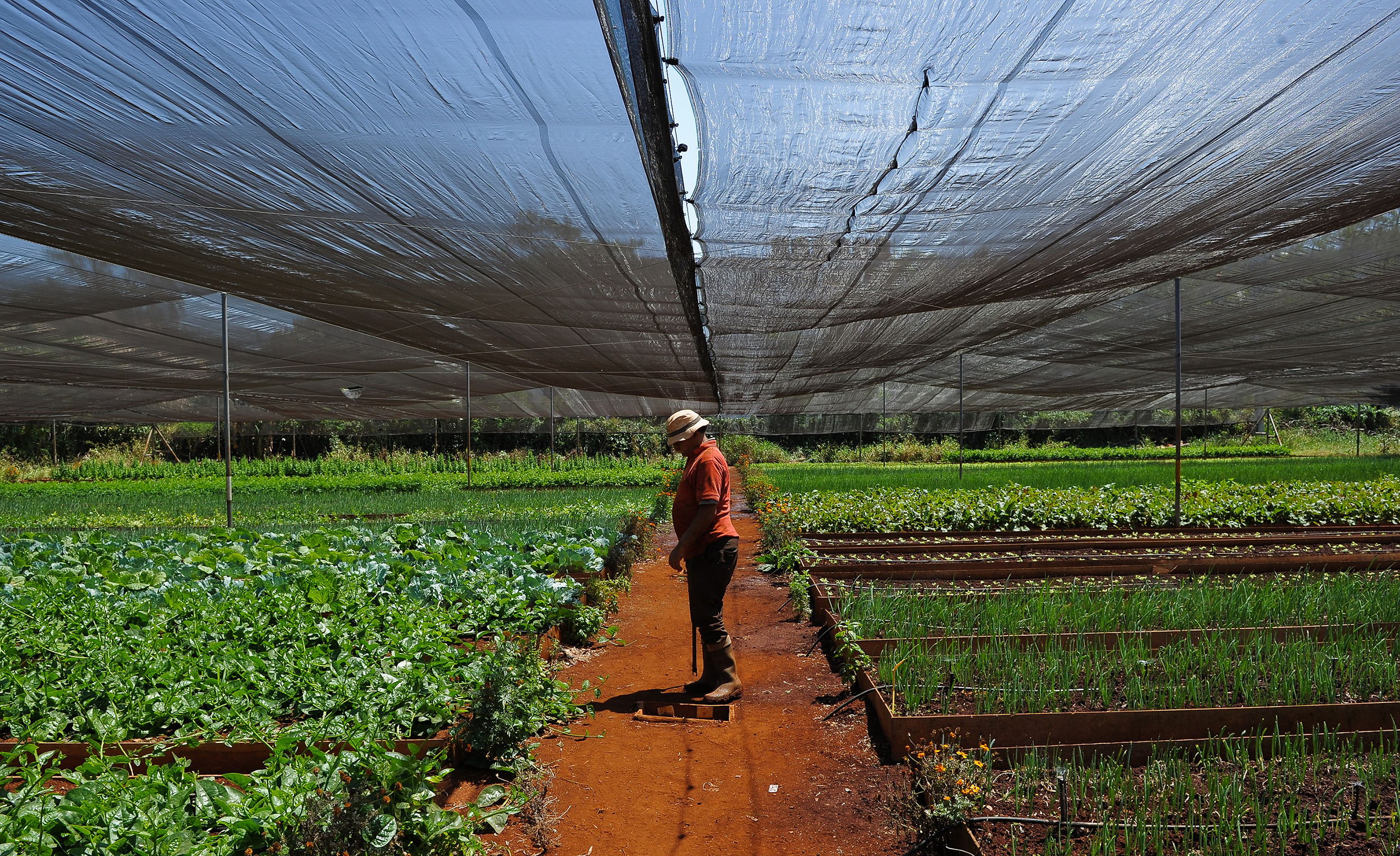In the past, many farmers had previously had problems with organic fertilizers, which contributed to the bad reputation of greener options and prompted growers to choose conventional products and formulas. However, as operations now struggle to grow better plants with fewer inputs, fertilizer producers have directed their attention to products that increase plant efficiency and also multitask.
Currently, there are “many organic and quasi-organic products on the market that are basically waste materials being disposed of and labeled organic at a low cost,” Michaella Holden, a Marketing and Community Relations Specialist at Suståne Natural Fertilizer, explained. She also noted that “these products lack consistency, and they don’t perform well” but there are many manufacturers that are trying to change this stigma of low-quality organic fertilizer by producing products that meet the industry’s standards. Moreover, producers are also trying to learn more about organics. “Organics have come a long way since people have been studying all of the options out there and testing them to see how they can be improved,” says Ann Molloy, Sales Director at Neptune’s Harvest.
With the new learnings, fertilizer manufacturers are increasingly introducing improvements in their current organic products. Despite the increasingly better reputation of this category, only few farmers are shifting towards organic fertilizers, whereby it is mainly those who grow fruits, vegetables and herbs. As the demand for natural products is rising, customers are also increasingly asking for organic or almost organic (natural) fertilizers that are food-safe. Therefore, in the US, for example, there is an increasing pressure on the existing USDA safety rules to be more accountable, traceable, and safe. Tim Tetzlaff, Dramm’s Inside Sales and Compliance Officer commented on this development that “reputable organic fertilizer manufacturers are offering greater analytical data so growers can better understand the attributes.”




